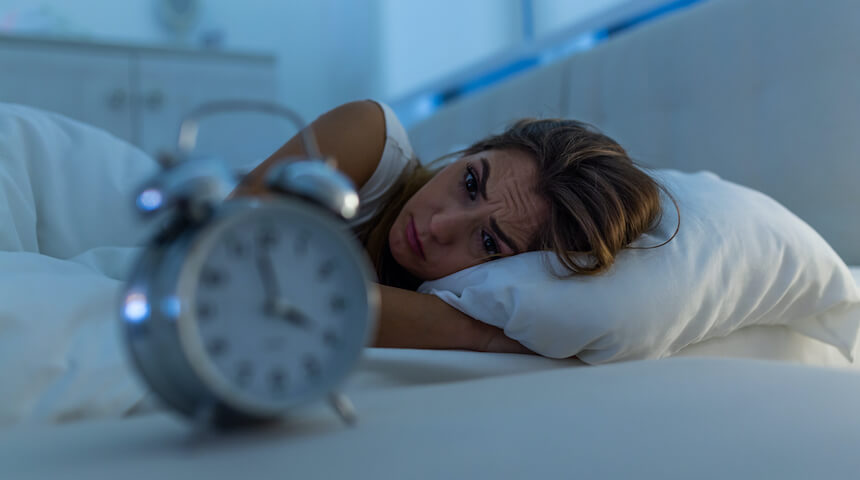Every year, 14 million Americans are infected with the human papillomavirus (HPV), a sexually transmitted infection that can cause cervical cancer.
Several things can lower your risk for HPV and whether it develops into cancer, including getting the HPV vaccine and using protection every time you have sex.
But prevention is only half the battle. Thanks to research, we’re now learning more about what factors can affect how long HPV can linger in people diagnosed with this infection. According to one study, stress may play a critical role in a woman’s ability to fight HPV.
Stress & HPV
The study, led by UCLA researchers, involved 333 women whom the researchers tracked beginning in 2000. Study participants were 19 years old on average, and every six months, researchers tested them for HPV.
During the study’s 11th year, researchers asked the women to complete a self-reported questionnaire about their stress levels, their coping strategies and whether they experienced depression. They then took this information and looked at whether the women continued to have HPV or whether they no longer tested positive for this infection.
They found women who drank alcohol, smoked or did drugs as coping mechanisms for stress were more likely to still be infected with HPV. Those who said they were depressed or believed they had high levels of stress also still had an active HPV infection.
HPV usually clears up on its own, but this study is really the first to indicate a link between stress and persistent HPV infection. Stress can take a toll on the body and can even contribute to poor health. It also weakens your immune system and can affect the body’s ability to fight infection, so the study’s results aren’t entirely surprising.
What the study suggests is that coping mechanisms that are really vices — smoking and drinking, for example — don’t really help the body heal itself. High levels of stress, whether real or perceived, also may make it difficult for the body’s natural immune response to kick in and get rid of infection.
However, it’s also important to note that HPV tests can be dormant for a while, and then show as positive during a highly stressful period of a woman's life. This doesn't necessarily mean that someone is more or less at risk, but women should be aware and ask their physicians whether the strains of HPV with which they've been diagnosed will cause cancer. They also should make every effort to reduce, or at least control, their stress — which is beneficial for their overall health anyway, and not just HPV.
Unfortunately, most people with HPV will never know they have it and will never experience symptoms, unless they get genital warts, have an abnormal Pap test, or even worse, are diagnosed with cervical cancer.
Still, you can do several things to reduce your risk. If you’re a male who is 21 or younger, get the HPV vaccine. If you’re a female age 26 or younger, get vaccinated, too. Women also should undergo a routine Pap smear, as any abnormal results could help us flag a problem before it develops into cancer. Starting at age 21, women also should get screened for cervical cancer once every year.
Take all these steps to reduce your risk of HPV and to lower the chance this infection may develop into something more serious.
We Build Relationships
We believe that maintaining a healthy lifestyle is the key to living a longer, healthier life. Orlando Health Physicians strive to build a relationship with each patient. Request an appointment with one of our primary care physicians with offices located throughout Central Florida.
Schedule an Appointment










